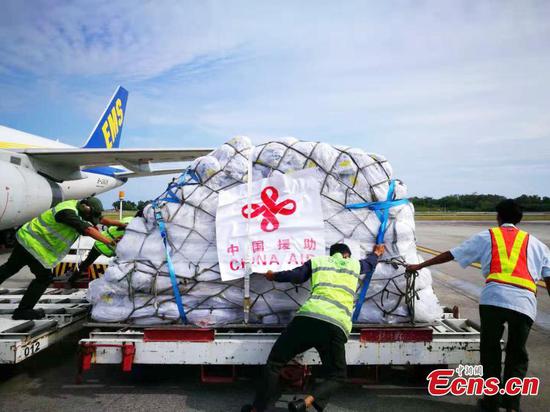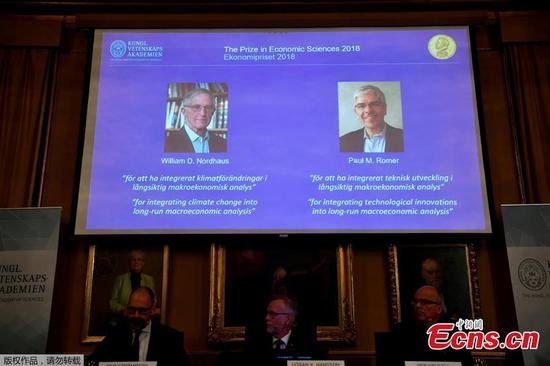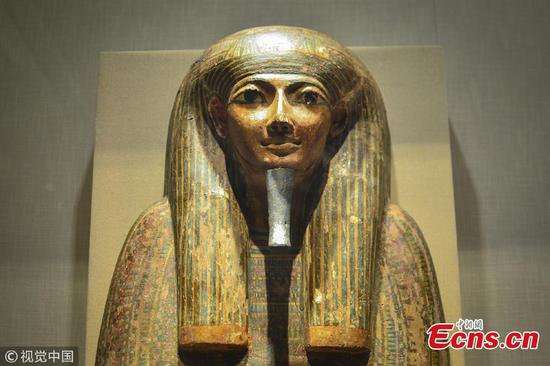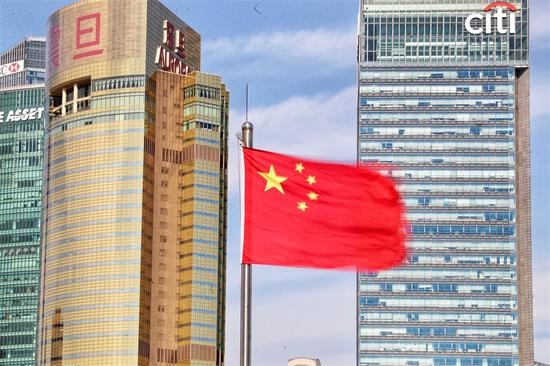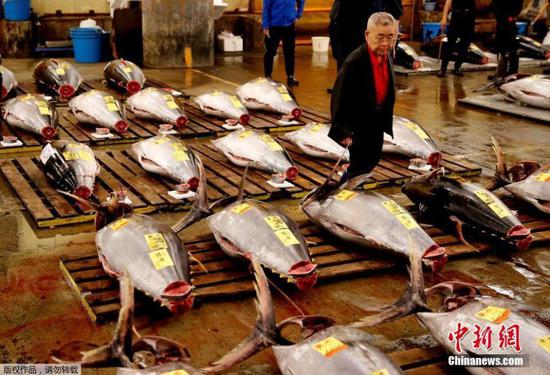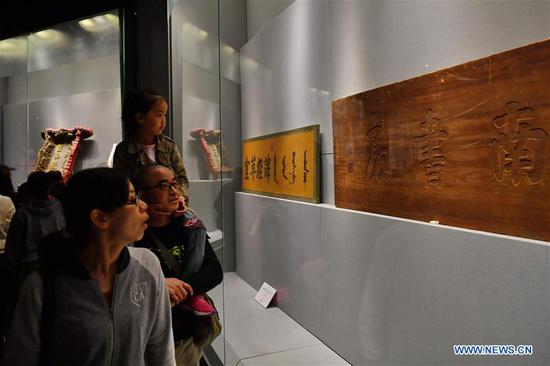Recent media reports have suggested the U.S. might label China as a currency manipulator, but even if this happens there won't be a big impact from it, Chinese analysts said on Tuesday.
A report by CNBC on Monday (U.S. time) said that a senior U.S. Treasury official has said the U.S. is concerned about China's weakening currency and will detail those concerns in a foreign exchange report. This has prompted market speculation that the U.S. may label China as a "currency manipulator," something it has often threatened to do since the early 1990s.
The report cited an analyst who said the intention would be to keep the pressure on China ahead of an upcoming G20 meeting.
But Chinese experts said that if the U.S. Treasury finally went ahead with this threat, it would have little effect, given that the relationship between the two countries is already strained by the trade war and the imposition of huge tariffs by the U.S.
The Chinese yuan has weakened by about 6.4 percent against the U.S. dollar year-to-date, which has to a certain extent negated the effects of the U.S. tariffs.
On Tuesday, the yuan was at 6.9263 to the dollar in the onshore market as of press time, a multi-month low.
"Such labeling would be a very subjective action. There is no 100 percent market-driven foreign exchange rate mechanism in the world," said Liu Xuezhi, a senior macroeconomics expert at Bank of Communications.
"The U.S. might label China as a currency manipulator if it believes the yuan has been weakened in order to reduce the effect of its tariffs, but if China decided to strengthen its currency, the U.S. would say nothing," Liu told the Global Times on Tuesday.
The trend of depreciation with the yuan is not as clear as with currencies in various other emerging economies, so the U.S. would not have a strong basis for labeling China as a currency manipulator, Liu said.
"But the current U.S. government is unpredictable, so the possibility cannot be ruled out," he added.
The move could be an effort by the U.S. to create an excuse for further actions regarding bilateral trade and investment, experts said.
"If the U.S. wants to label China as a currency manipulator, then it can do so. The impact is likely to be limited," said Tan Xiaofen, deputy dean of the School of Finance at the Central University of Finance and Economics.
The IMF, which has applauded China's improved level of market-oriented economic structure, is not likely to label China as a manipulator, Tan said.
Also, one key reason driving the depreciation pressure on the yuan is the trade war waged by the U.S. against China, and the U.S. is now complaining about the depreciation, Tan noted.
At a press briefing on Tuesday, Lu Kang, a spokesperson for the Chinese Ministry of Foreign Affairs, said that China has no intention of using devaluation of the yuan to boost exports or to address any other economic disputes.
Stability needed
Whatever the U.S. does will not affect China's own efforts to make the yuan exchange rate mechanism more market-oriented, experts said.
"Facing depreciation pressure, the Chinese government is unable to 'manipulate' the yuan to make it stronger, but it won't allow it to depreciate either. The U.S. labeling won't change the current situation," Tan told the Global Times on Tuesday.
China has been making market-driven efforts to stabilize the currency, according to Liu.












